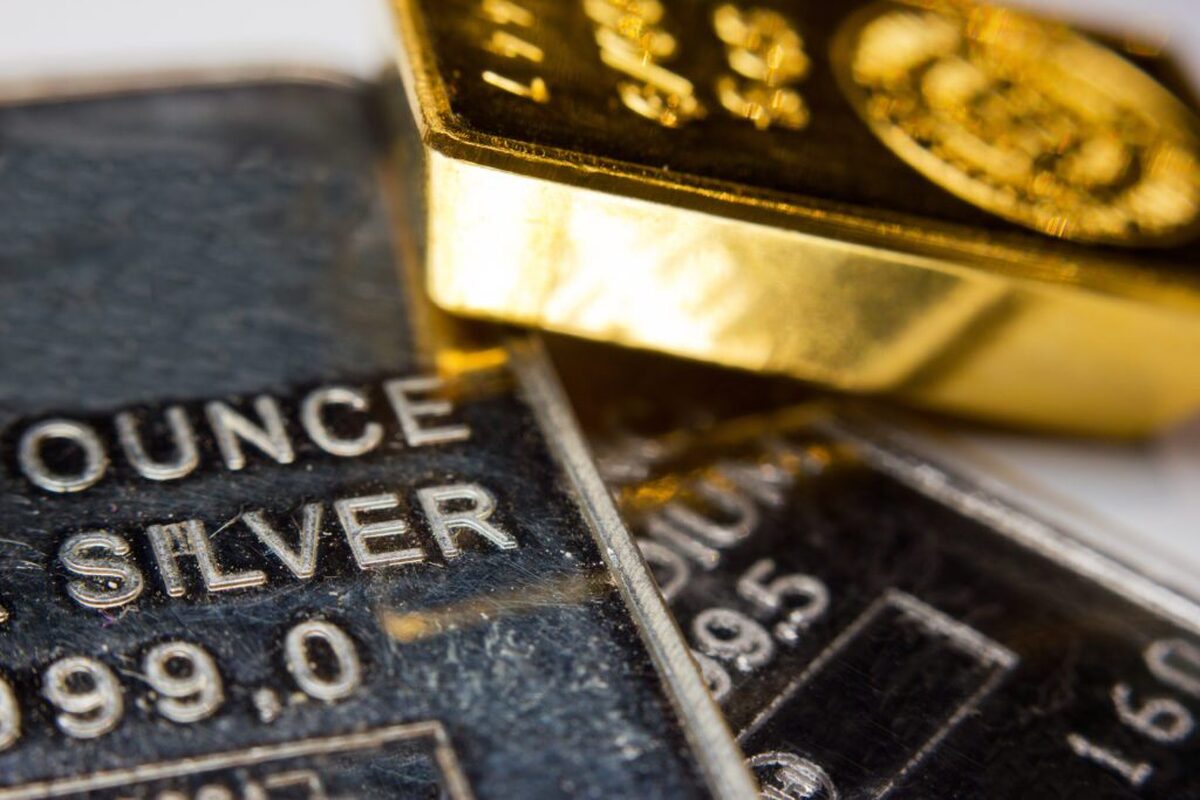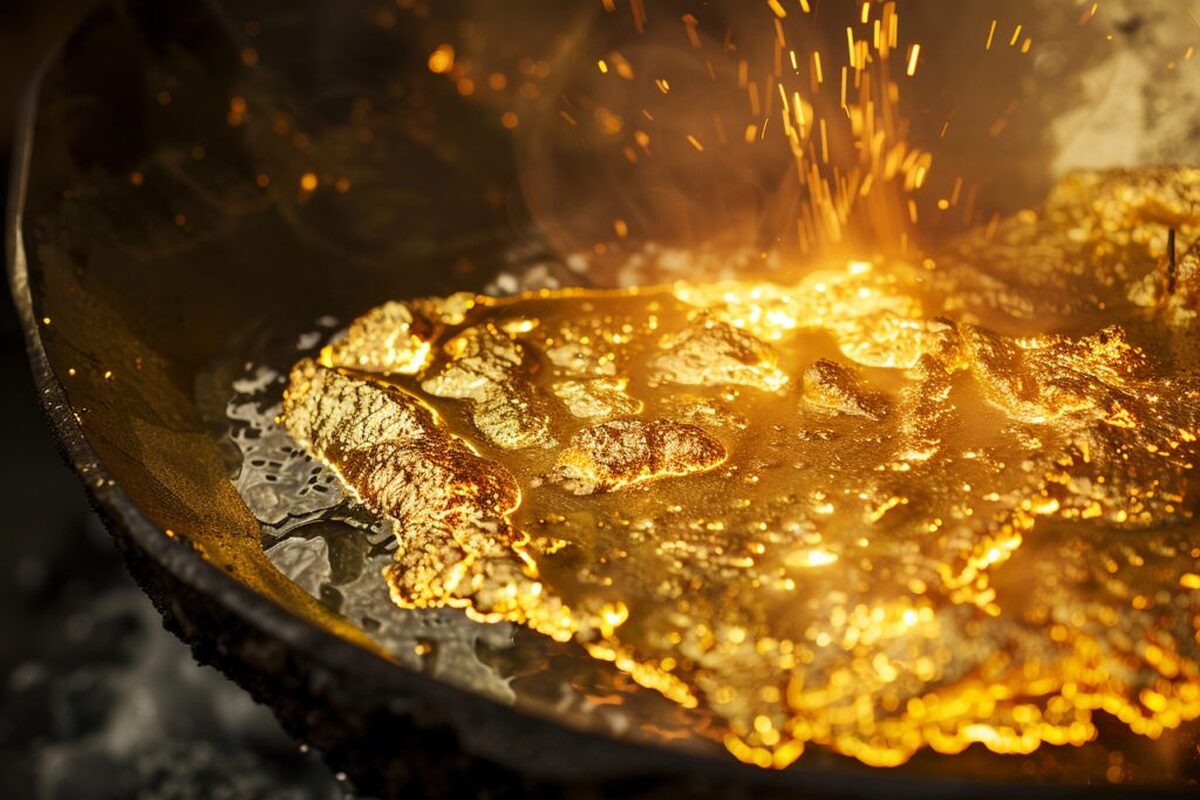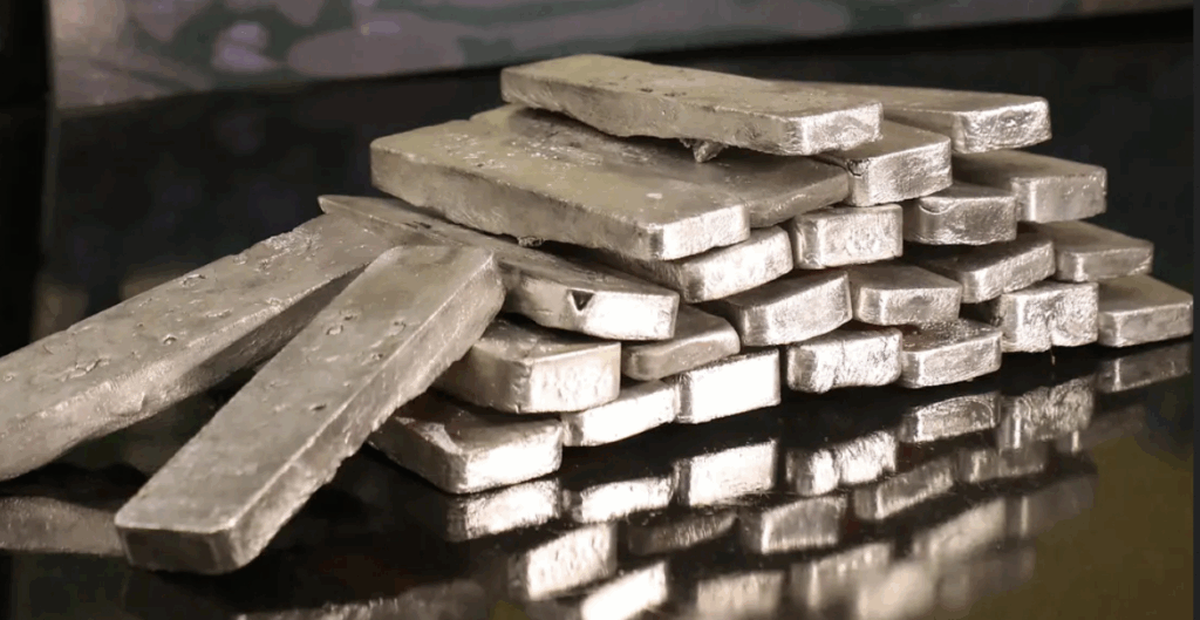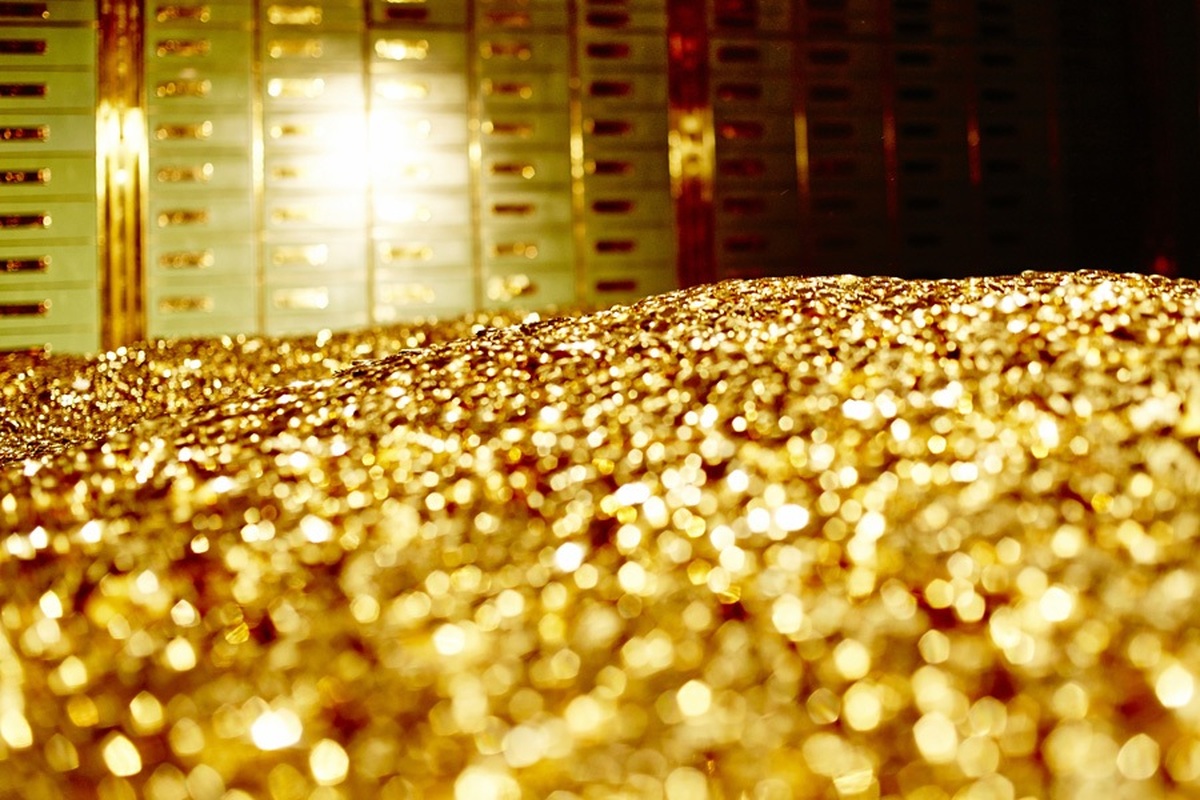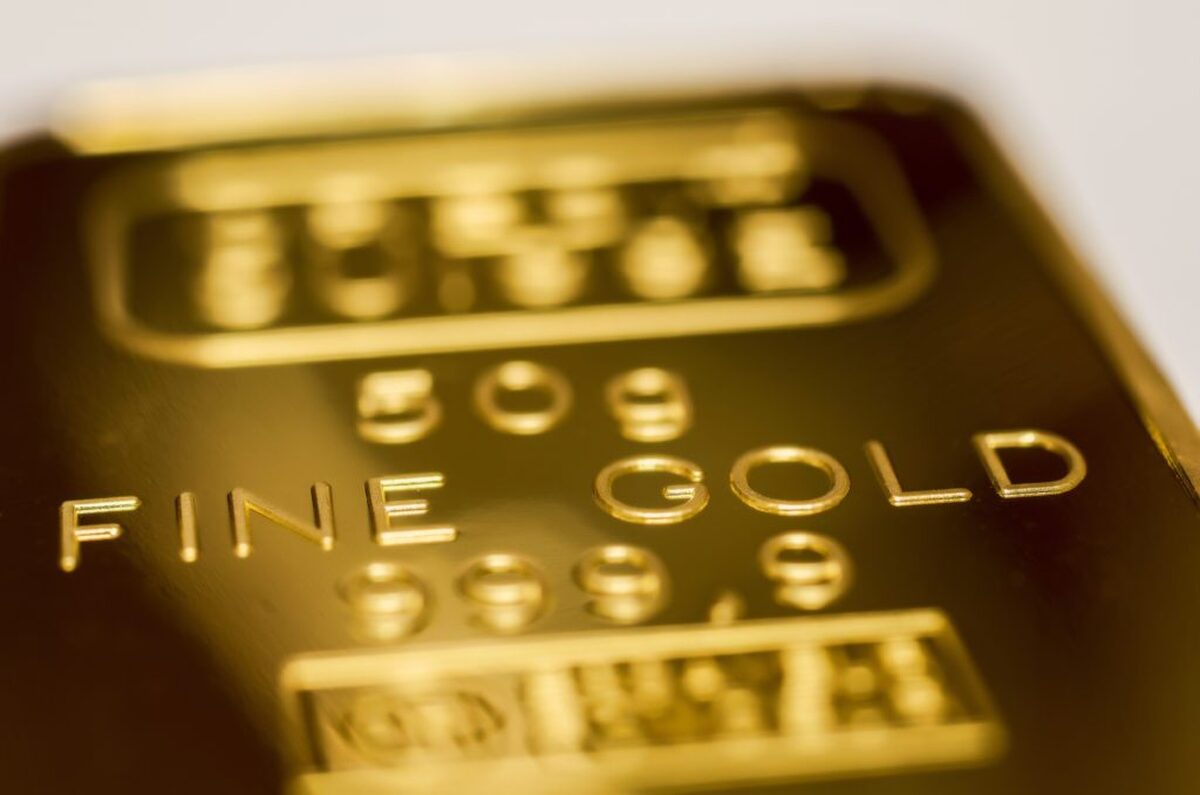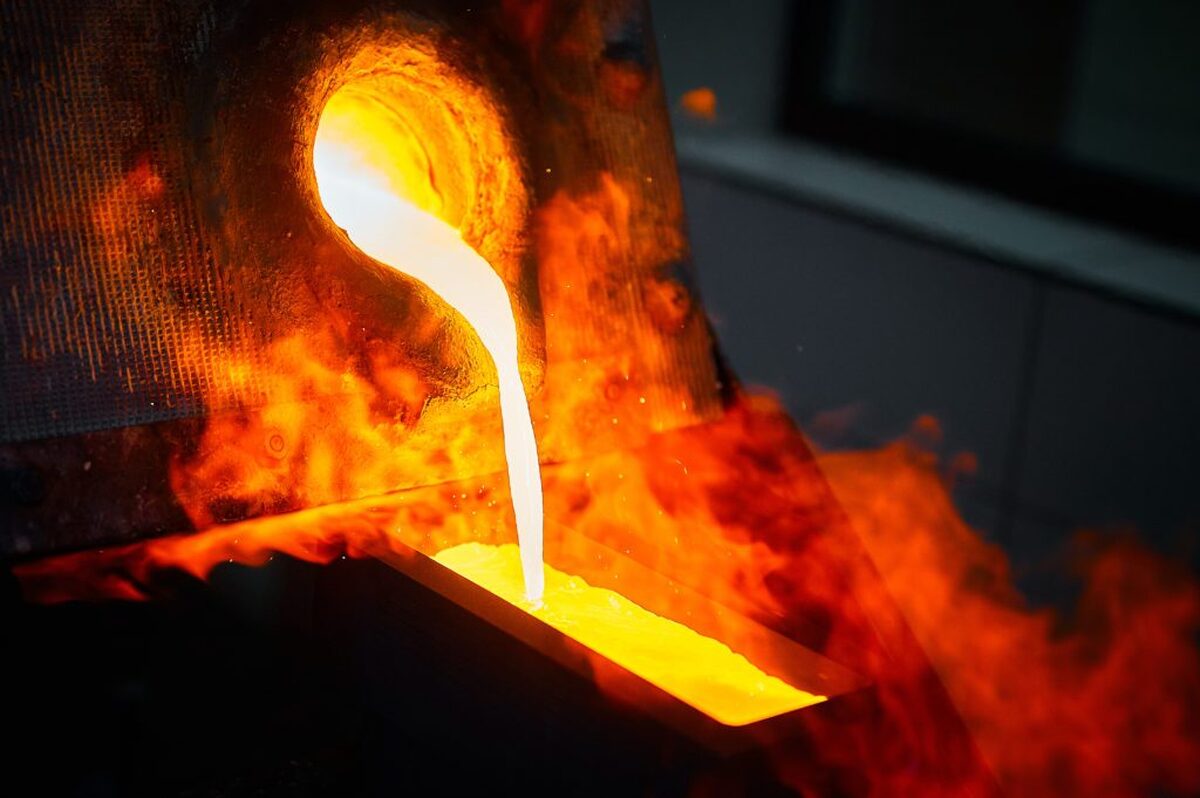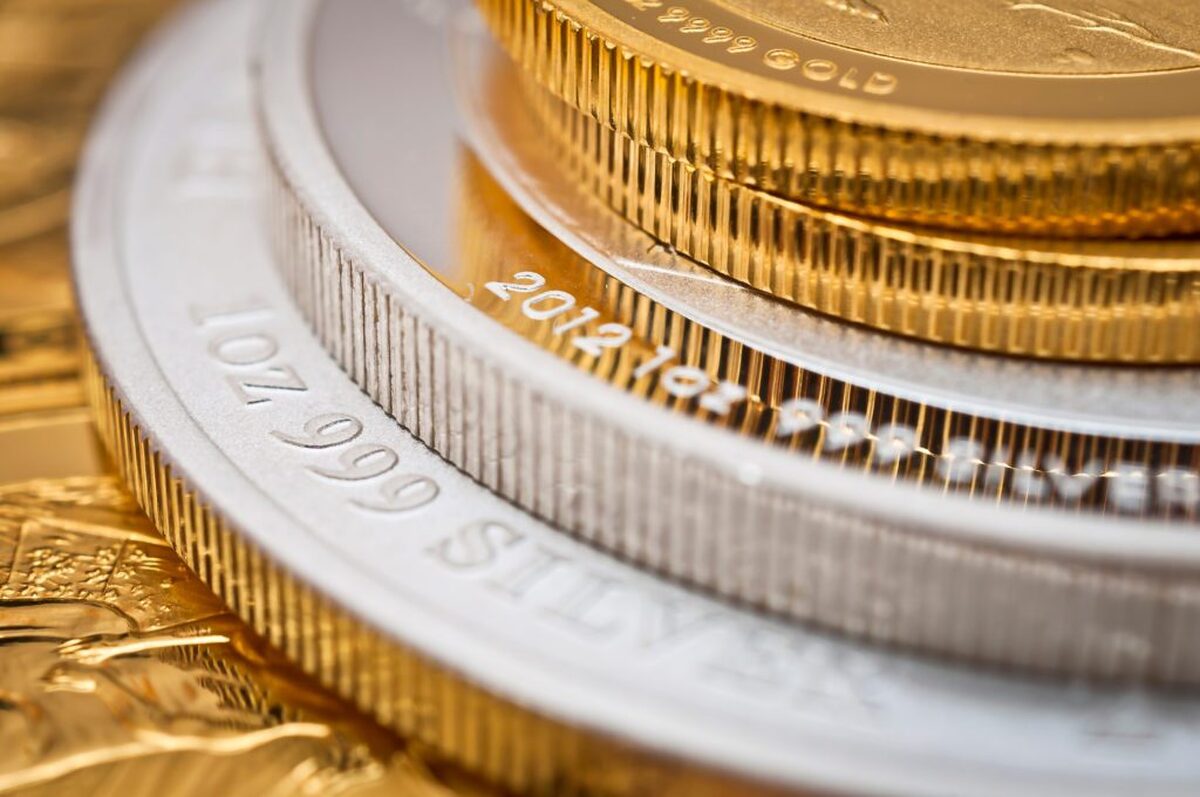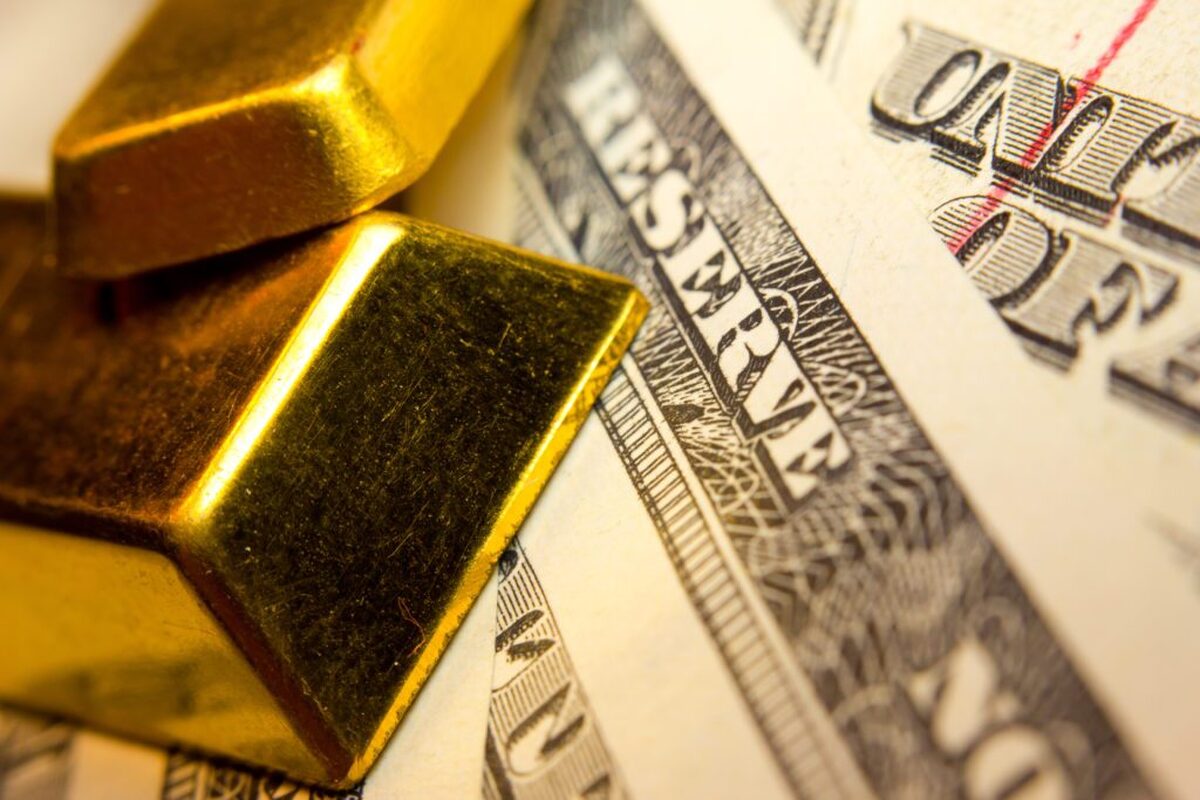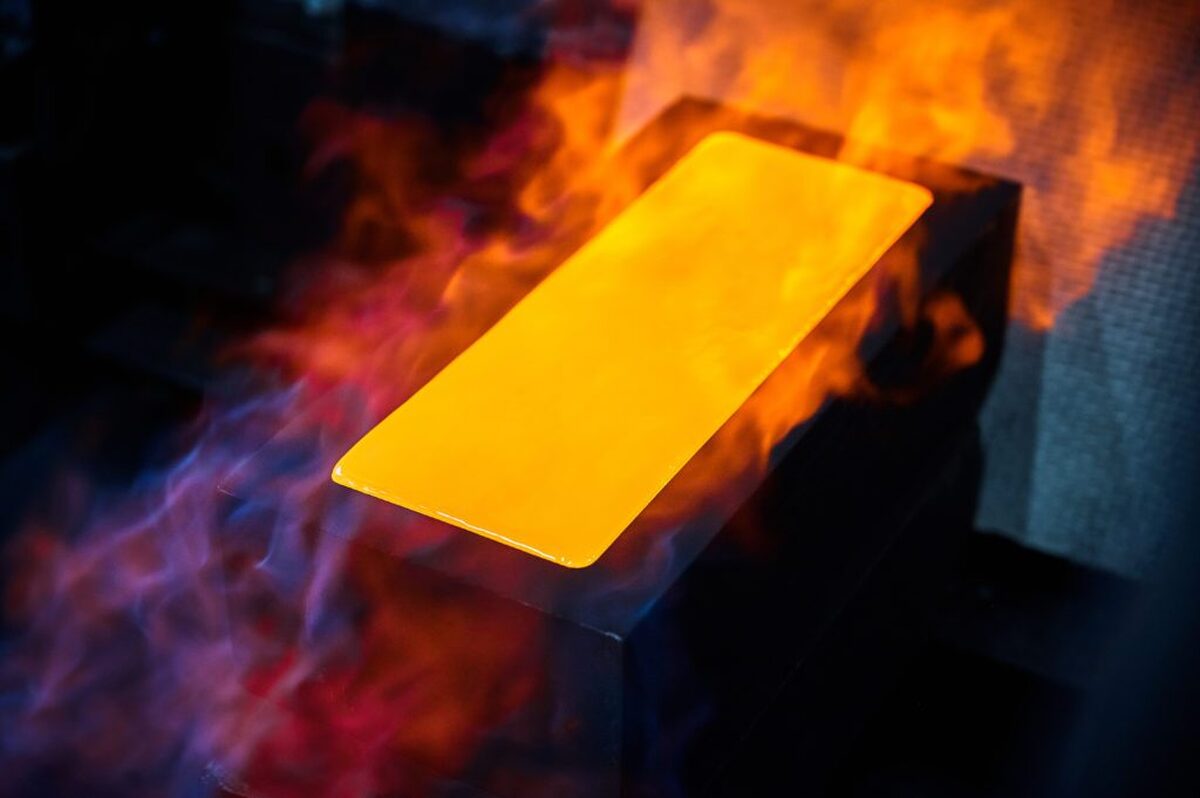
US couple could face trial over gold bars missing from 18th Century sunken ship

According to me-metals cited from mining.com, According to Agence France-Presse, French prosecutors have moved to charge 80‑year‑old novelist Eleonor “Gay” Courter and her 82‑year‑old husband Philip, alleging that they had facilitated the sale of gold ingots stolen by a French diver over a 23-year period.
The charges come after investigators discovered that the elderly couple held possession of at least 23 stolen gold bars and sold 18 of them online—through a California auction house and eBay—fetching a total of $192,000.
Stolen gold resurfaces
The gold ingots are believed to originate from the Prince de Conty, a French East India Company vessel that sank during a storm. Its wreck was located in 1974, and official salvages in the 1980s recovered Chinese porcelain, tea chests and three gold bars, before operations halted in 1985.
More than three decades later, in 2018, France’s marine archaeology authority became suspicious when five ingots with striking resemblance to those from the Prince de Conty surfaced at a US auction. Local authorities later seized the gold and returned it to France in 2022.
The Courters claimed that the gold they had sold online was legally gifted to them in the 1980s by their French friends—Annette and the late Gérard Pesty—who said the ingots were recovered by Yves Gladu, an underwater photographer turned treasure hunter and Annette’s brother‑in‑law.
In 2022, after being taken to custody, Gladu admitted to taking 16 gold bars from the wreck during about 40 dives between 1976 and 1999, but denied ever having given any of them to the Courters.
The same year, authorities also detained the Courters in England after tracing them via online listings and a 1999 Antiques Roadshow appearance by Annette Pesty showing the gold bars. The couple was later released on bail; they declined extradition and returned to the US following a Zoom hearing before a French magistrate.
In their defense, the Courters say they were unaware of any wrongdoing, believing the gold was properly obtained under different US rules. Their French attorney, Grégory Lévy, told AFP they had no criminal intent and did not personally profit from the sale.
Prosecutors have now referred the matter to a criminal court, setting the stage for a landmark trial that could stretch legal definitions across jurisdictions.
source: mining.com


Uzbek gold miner said to eye $20 billion value in dual listing

Peabody–Anglo $3.8B coal deal on the brink after mine fire

A global market based on gold bars shudders on tariff threat

Minera Alamos buys Equinox’s Nevada assets for $115M

Adani’s new copper smelter in India applies to become LME-listed brand

OceanaGold hits new high on strong Q2 results

Trump says gold imports won’t be tariffed in reprieve for market

Cochilco maintains copper price forecast for 2025 and 2026

De Beers strikes first kimberlite field in 30 years

BHP shares near priciest valuation since 2021 on shift to miners

African Rainbow boosts Surge Copper stake to 19.9%

Hindustan Zinc to invest $438 million to build reprocessing plant
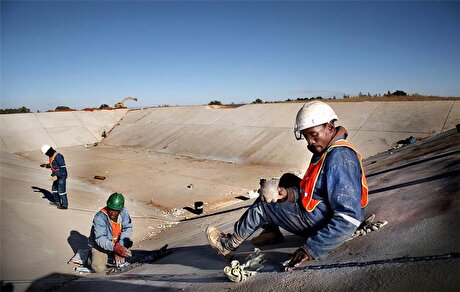
South Africa mining lobby gives draft law feedback with concerns

Wooden church sets off on slow Swedish road trip to escape mining subsidence

Harmony Gold’s MAC Copper takeover gets regulatory nod

Povrly Copper Industries orders a breakdown rolling mill for high-quality copper, brass, and bronze strip production
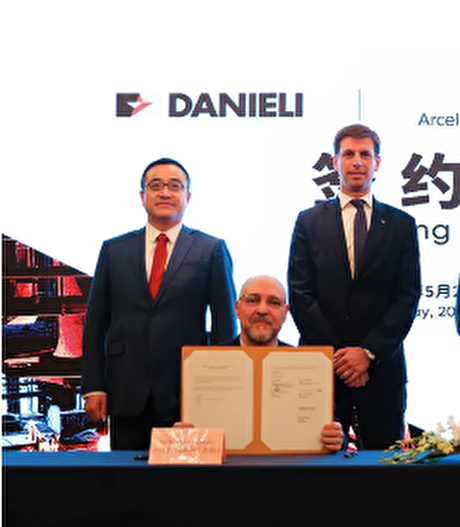
Advanced cold-rolled strip for China’s New Energy Vehicle market
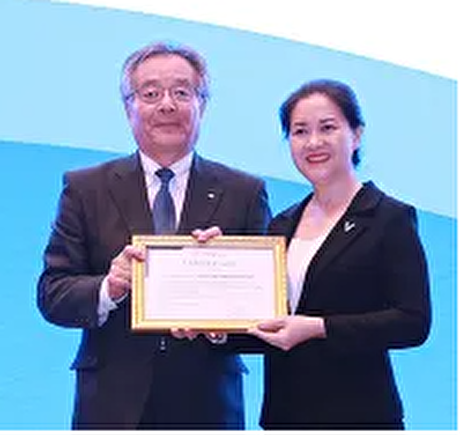
A Danieli greenfield project for competitive, quality rebar production

Antofagasta posts biggest profit margins since 2021

BHP shares near priciest valuation since 2021 on shift to miners

African Rainbow boosts Surge Copper stake to 19.9%

Hindustan Zinc to invest $438 million to build reprocessing plant

South Africa mining lobby gives draft law feedback with concerns

Wooden church sets off on slow Swedish road trip to escape mining subsidence

Harmony Gold’s MAC Copper takeover gets regulatory nod

Povrly Copper Industries orders a breakdown rolling mill for high-quality copper, brass, and bronze strip production

Advanced cold-rolled strip for China’s New Energy Vehicle market

A Danieli greenfield project for competitive, quality rebar production




